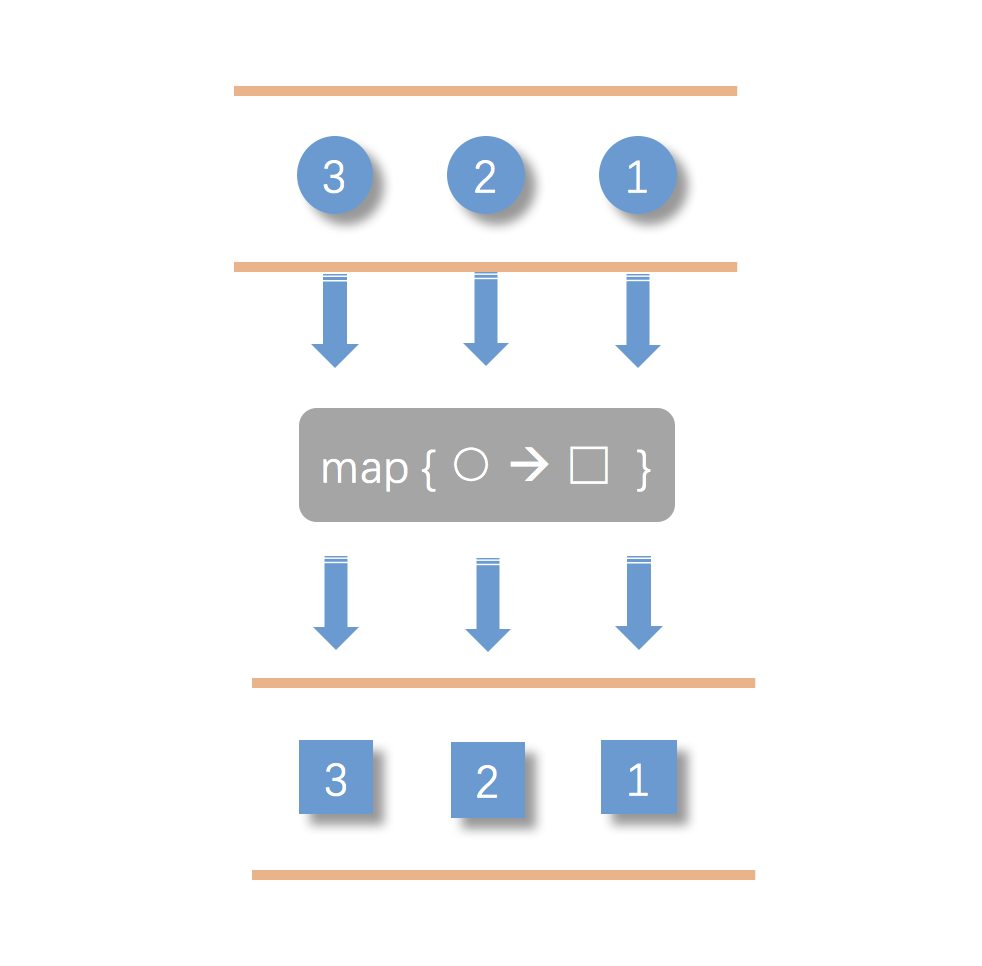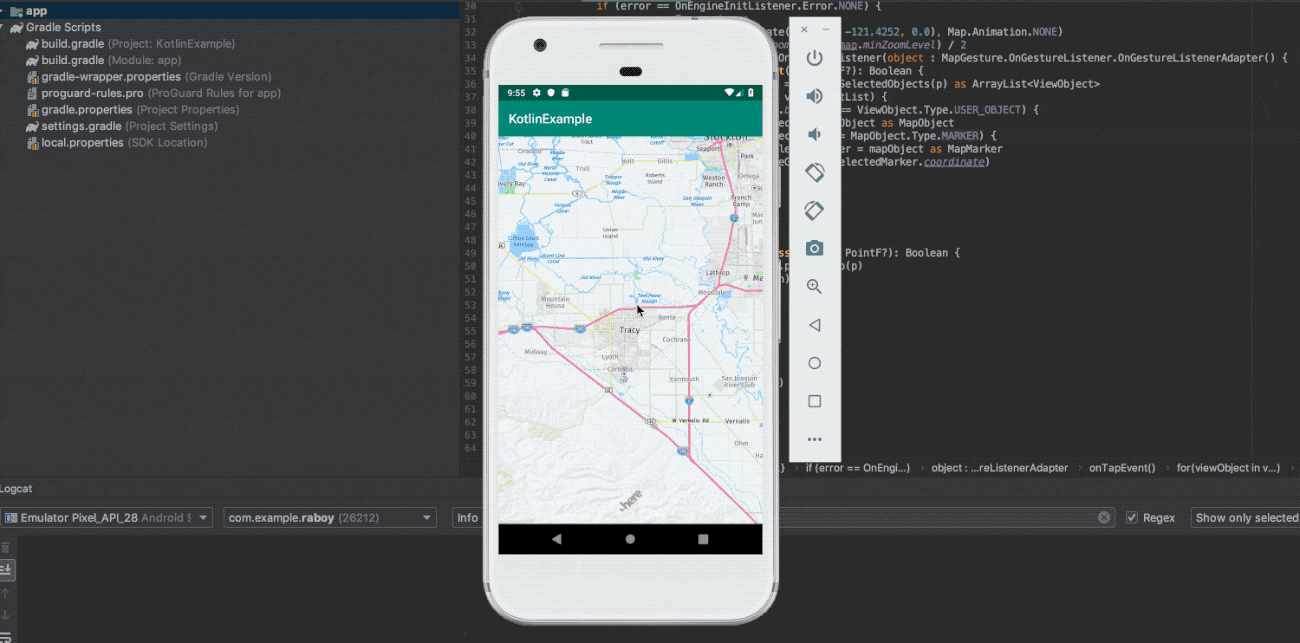

TreeHashMap is useful in certain scenarios for example. They are not the only implementation of Map of course. mutableMapOf() will gain you some bonus points in a data structure and algorithm interview though. I wonder if mentioning the performance win for HashMap() vs.

Results in > compareMapInits for 10 elements (repeated 1 times) - mutableMapOf: time taken: 3ms - HashMap: time taken: 0ms > compareMapInits for 100 elements (repeated 1 times) - mutableMapOf: time taken: 0ms - HashMap: time taken: 0ms > compareMapInits for 10000 elements (repeated 1 times) - mutableMapOf: time taken: 2ms - HashMap: time taken: 1ms > compareMapInits for 1000000 elements (repeated 1 times) - mutableMapOf: time taken: 107ms - HashMap: time taken: 119ms > compareMapInits for 10 elements (repeated 1000 times) mutableMapOf() total time taken: 5 ms HashMap() total time taken: 2 ms How often is HashMap() slower? 2/1000 > compareMapInits for 100 elements (repeated 1000 times) mutableMapOf() total time taken: 8 ms HashMap() total time taken: 10 ms How often is HashMap() slower? 10/1000 > compareMapInits for 10000 elements (repeated 1000 times) mutableMapOf() total time taken: 335 ms HashMap() total time taken: 225 ms How often is HashMap() slower? 206/1000 > compareMapInits for 1000000 elements (repeated 1000 times) mutableMapOf() total time taken: 81266 ms HashMap() total time taken: 69712 ms How often is HashMap() slower? 180/1000 can be a great choice IMO, as it explicitly states the importance of ordering here. Remember that you can always change the Dispatcher used by runBlocking by passing one: runBlocking(Dispatchers.IO).Function we use to initialize Maps One time run fun main() Which may, or may not, be OK depending on your use case. So again we’d be running in the single thread confined Dispatcher runBlocking gets by default. Designed to be concise, 9 many of Scalas design decisions are aimed to address criticisms of Java. This is because coroutineScope basically inherits the caller’s context. Scala ( / skl / SKAH-lah) 8 is a strong statically typed high-level general-purpose programming language that supports both object-oriented programming and functional programming. Suspend fun Iterable.pmap(f: suspend (A) -> B): List = coroutineScope Collections, coroutines, kotlin, parallelĮver wonder how to run map in parallel using coroutines? This is how you do it.


 0 kommentar(er)
0 kommentar(er)
